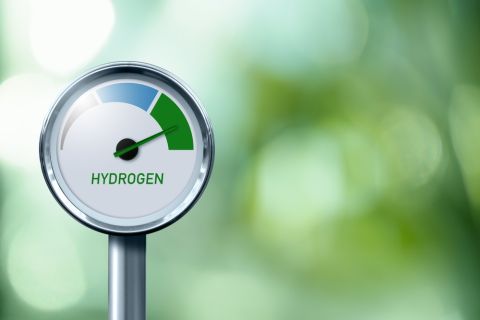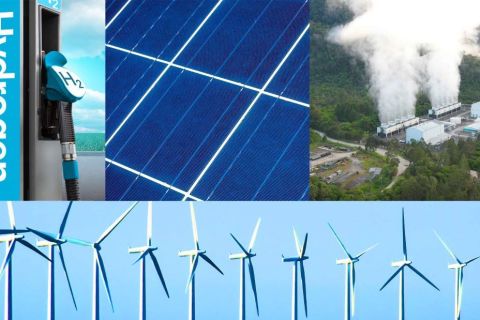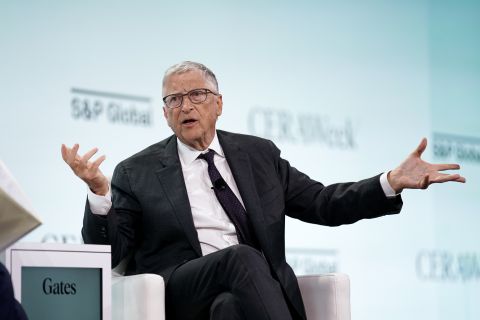Canadian pipeline operator Pembina Pipeline Corp.'s joint venture with KKR & Co. has agreed to sell its 50% stake in the Key Access Pipeline System (KAPS) to private equity firm Stonepeak Partners for C$662.5 million ($484.89 million).
The deal provides Stonepeak access to a pipeline system that moves NGL to processing facilities for export to Asia, a market with a growing appetite for North American LNG as it moves away from coal and as reduced Russian exports leave a void in global supply.
Formed in March through deals worth C$11.4 billion, the joint venture PGI is owned 60% by Pembina while KKR's global infrastructure funds hold the rest.
KAPS is a 560-km pipeline system that transports NGL between western Canada's Montney and Duvernay fields to Keyera's processing facilities in Fort Saskatchewan.
Keyera Corp. will continue holding the remaining 50% stake in KAPS and will operate the asset, Stonepeak said.
Both the companies said the sale is expected to close in the first quarter of 2023.
Recommended Reading
Shell Taps Bloom Energy’s SOEC Technology for Clean Hydrogen Projects
2024-03-07 - Shell and Bloom Energy’s partnership will investigate decarbonization solutions with the goal of developing large-scale, solid oxide electrolyzer systems for use at Shell’s assets.
Energy Transition in Motion (Week of March 1, 2024)
2024-03-01 - Here is a look at some of this week’s renewable energy news, including Chevron’s plans for a solar-to-hydrogen facility in California.
Bill Gates: ‘A Heroic Effort’ is Beginning, but Climate Goals Still Won’t be Hit
2024-03-26 - Bill Gates said during CERAWeek by S&P Global that the energy transition was picking up speed but still wouldn’t be able to achieve the climate goals established under the Paris Agreement of 2015.
Tangled Up in Blue: Few Developers Take FID on Hydrogen Projects
2024-04-03 - SLB, Linde and Energy Impact Partners discuss hydrogen’s future and the role natural gas will play in producing it.
Baker Hughes Marks Hydrogen Milestones
2024-01-29 - The energy technology company is involved with several hydrogen projects as it works to accelerate the hydrogen economy.





